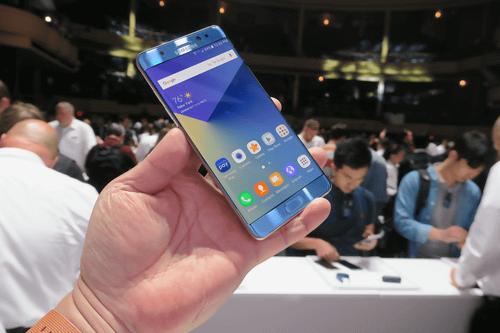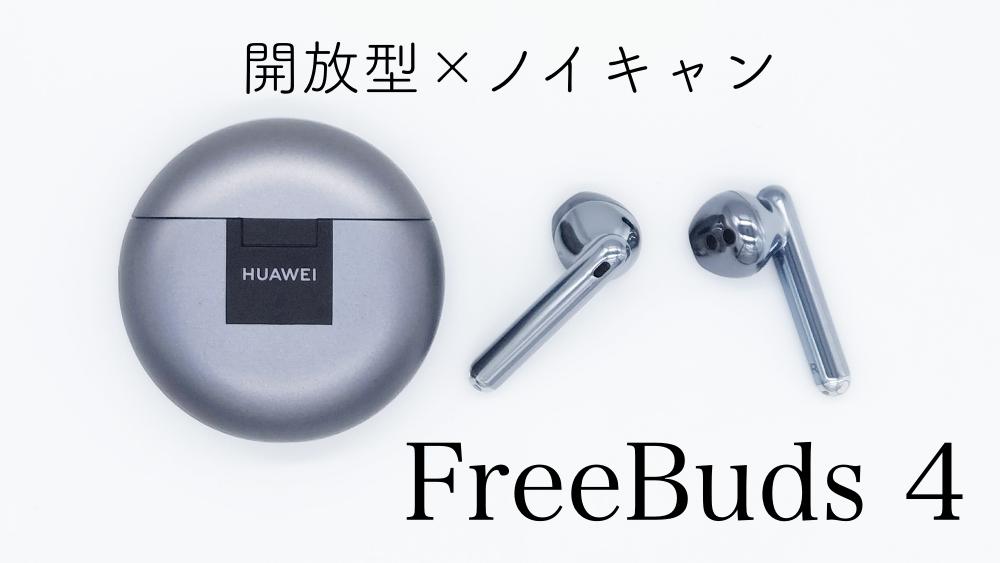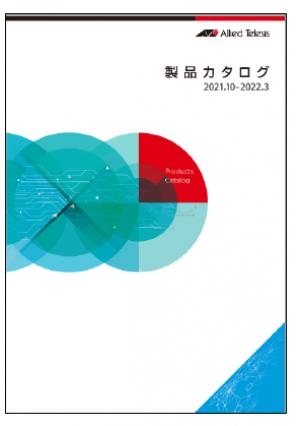The most talked-about keyword in the mobile industry this year, both good and bad, is probably no other than the Ministry of Internal Affairs and Communications. In response to the guidelines presented in the "Mobile Phone Charge Task Force" two years ago, mobile phone companies were requested to correct their sales measures and charge systems, and as a result, the sales and ideals of the mobile phone business will change significantly. became.
In May 2016, the Ministry of Internal Affairs and Communications also held a follow-up meeting to examine the outcome of the Task Force.First, in the initial stage, the preferential measures for number portability (MNP) users were reviewed, and basically the disparity between general model changes and terminal selling prices in MNP was to be corrected. MNP was started to promote competition among mobile phone companies and reduce prices by increasing the liquidity of subscribers, but the number of users who repeatedly replace terminals with MNP at regular intervals is increasing. As a result, there was a gap with users who did not change their contracts with mobile phone companies, and it was decided to be reviewed. Originally, such sales measures that emphasize MNP users were set up by Softbank, which was the third largest in the industry, at the initial stage in order to stimulate users who do not use MNP, but initially it was about 10,000 to 20,000 yen. The sales competition for gift certificates, which was a vivid measure of cash back of hundreds of thousands of yen for four family members, was unfolded, and users began to complain, leading to a review. In the monthly discount service such as monthly support associated with the purchase of terminals by each mobile phone company, measures have been taken to significantly emphasize MNP users compared to normal model change users, but this has also been gradually reviewed and is now It can be purchased at almost the same price.
In addition, the "1GB plan" of each company was announced in consideration of the "consideration for light users" mentioned in the mobile phone charge task force. However, it was pointed out that the 1GB plan has a limited number of users who can benefit from it, such as those who have smartphones but rarely use them or who mainly use them via broadband lines such as at home. At the same time, light users who do not want network performance tried to introduce the 1GB plan of each mobile phone company in order to consider the plans of each MVNO company, but did not get the impression that it was a more effective plan.

Similarly, what was questioned was the revision of the "two-year contract" of each mobile phone company. Mobile phone companies have previously introduced a "two-year contract" that discounts the monthly basic usage fee by promising a two-year contract, but a contract cancellation fee of less than 10,000 yen will be charged for cancellation in the middle. Therefore, the Ministry of Internal Affairs and Communications requested a rate plan that does not require such a contract cancellation fee, and mobile phone companies responded to this. However, the plans announced by au and Softbank were virtually nothing more than installment payments for contract cancellation fees, and were not worthy of evaluation at all. NTT DoCoMo's plan incorporates ingenuity such as giving points when renewing a two-year contract, and has gained a certain degree of evaluation, but it is unknown whether users will choose a plan that does not restrict the contract period in the future.
The next step was to review the so-called "real 0 yen sale". This is also related to the monthly discount service of each mobile phone company mentioned above, but if certain conditions are met for the terminal price, the actual burden will be 0 yen two years after the installment payment of the terminal price is completed. It will be. In addition to the monthly discount service at the time of terminal purchase, there are many cases where the discount amount is increased to 0 yen by subscribing to the optional service of each mobile phone company, and this was also reviewed. .. As a result, the purchase price of handsets has risen overall compared to last year, and of course, the number of handsets sold has also fallen. (※Related article)
Behind this series of guidance and requests from the Ministry of Internal Affairs and Communications is the intention to reduce monthly charges by that amount if there are resources to use for discounts associated with terminal purchases. However, from the user's point of view, at the moment, there is almost no impression that the monthly fee has become cheaper just because the purchase price of the terminal has increased, and the guidance and requests of the Ministry of Internal Affairs and Communications have almost led to the interests of consumers. not. It seems that the Ministry of Internal Affairs and Communications and the people who participated in the task force have commented on their achievements, but the goal is not to review the sales method, but to reduce the price in the end. How about putting it on the fence and hearing the remark "We did our best"?
Another concern is the extent to which the Ministry of Internal Affairs and Communications should intervene. This has been pointed out since the mobile phone charge task force started two years ago, but it is essentially up to each company to decide how each mobile phone company will sell, and the Ministry of Internal Affairs and Communications is a private business. Intervening in is inherently less desirable. Regardless of the era when charges were licensed, deregulation is progressing and each company can freely decide measures such as charges. Isn't it going backwards? Although we welcome the revision of MNP-focused sales measures under the guidance and request of the Ministry of Internal Affairs and Communications, it seems overkill to talk about terminal discount coupons and shareholder discounts for credit card subscribers. can not deny. There are many discounts associated with product purchases and contracts in cars, home appliances, credit cards, broadcasting services, etc., but they are inconsistent with the discount services of these other products.
Furthermore, in response to such requests and guidance from the Ministry of Internal Affairs and Communications, the measures of each company are shifting to point services, etc., but it is pointed out that this point service may be changed from next year onwards. be. Again, the purpose is to reduce prices, and correction of sales methods and discount services is only necessary for that purpose. Once, after going through the mobile business study group, in the situation where the balance of terminal sales has been achieved to some extent by the current monthly discount, if we focus on the sales method again and correct it, the same distortion will occur. May produce. As a user, I would like to carefully assess the future trends of the Ministry of Internal Affairs and Communications and the reactions of each company.




















